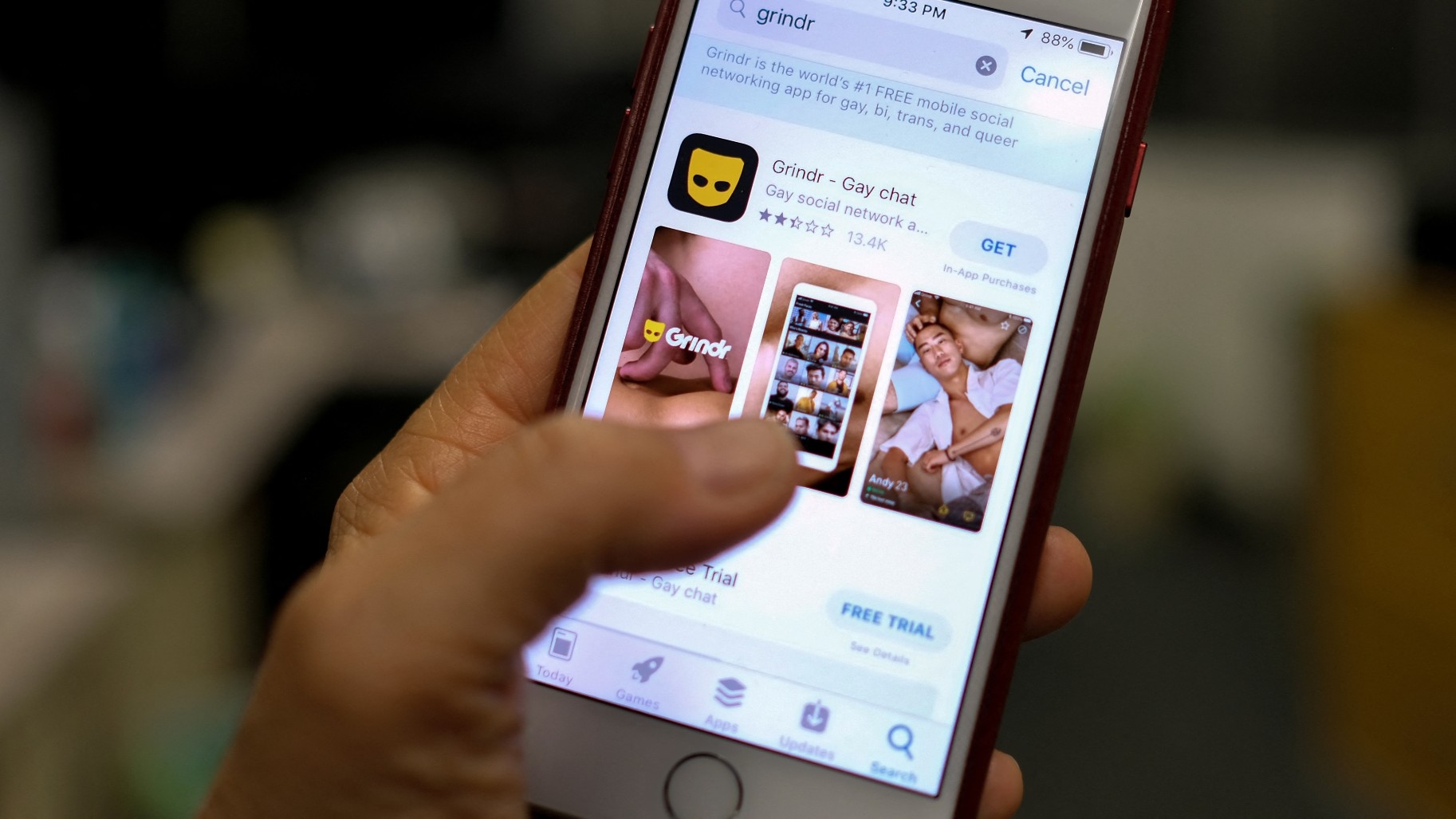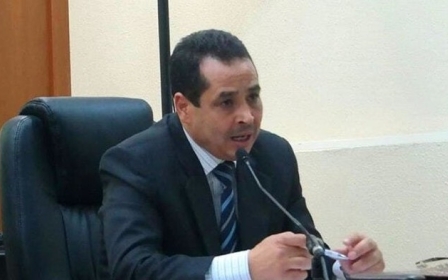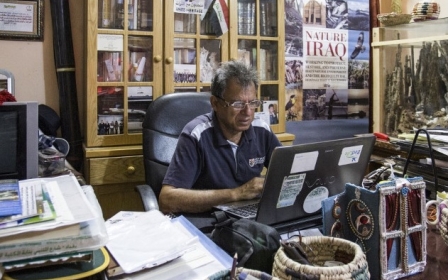LGBT people 'entrapped by security forces on dating apps'

LGBT people in the Middle East and North Africa are being entrapped and extorted on dating apps and other digital platforms, including by government authorities, according to a new report by Human Rights Watch (HRW).
According to a 135-page report published on Tuesday, security forces in Egypt, Iraq, Jordan, Lebanon, and Tunisia are targeting members of the LGBT community based on their social media activity and use of dating apps, resulting in prosecution, torture, and other offline abuses.
'They took photos and videos where I have makeup or a dress on, and they used them as evidence against me'
- Amar, transgender woman, Jordan
The rights group documented 20 cases of digital entrapment, in which security forces created fake profiles on the dating app Grindr and Facebook to impersonate LGBT people.
“[The police] took me to the 'morality ward' and kept me until 4am in a tiny room with no food or water. They took my phone and belongings. When they came back with a police report, I was surprised to see the guy I met on Grindr is one of the officers,” said Yazid, a 27-year-old gay man from Egypt.
There were a further 17 cases of online extortion using Grindr, Instagram, and Facebook by private individuals, including by armed groups in Iraq and organised gangs in Egypt.
New MEE newsletter: Jerusalem Dispatch
Sign up to get the latest insights and analysis on Israel-Palestine, alongside Turkey Unpacked and other MEE newsletters
Because many people in the region keep their LGBT identities hidden, online extortion is often used to trick people and then threaten to report them to the authorities or publicly "out" them online, unless they pay sums of money.
In 26 instances, social media was used to "dox" (publish private information online) or out members of the LGBT community, which resulted in people losing jobs, being forced to leave their homes or flee the country, suffering violence from family members, or negative mental health consequences.
“The authorities in Egypt, Iraq, Jordan, Lebanon, and Tunisia have integrated technology into their policing of LGBT people,” said Rasha Younes, senior LGBT rights researcher at Human Rights Watch.
“While digital platforms have enabled LGBT people to express themselves and amplify their voices, they have also become tools for state-sponsored repression.”
Fabricated online material
The report interviewed 90 LGBT people who had been targetted online, as well as 30 experts, including digital rights practitioners and lawyers.
It documented 45 cases of the arbitrary arrest of 40 LGBT people, all of whom had their phones searched, mostly by force or under threat.
'While digital platforms have enabled LGBT people to express themselves, they have also become tools for state-sponsored repression'
- Rasha Younes, HRW
In several of the cases, prosecutions were based on digital evidence of “debauchery” and “prostitution” - vague charges under cybercrime laws in Egypt, Jordan, Lebanon, and Tunisia that are used to target same-sex activities.
Some interviewees told HRW that when such digital evidence was not found, officials downloaded same-sex applications, uploaded photos, and fabricated online conversations to justify their detention.
“They took my phone and started sending messages to each other from my phone, then they took screenshots of those conversations and screenshots from my photo gallery,” said Amar, a 25-year-old transgender woman from Jordan
“They took photos and videos where I have makeup or a dress on, and they used them as evidence against me. They went through my WhatsApp chats and took contact details so they could entrap my friends as well.”
Those detained reported being denied access to a lawyer, forced to sign coerced confessions, as well as alleging verbal, physical, and sexual assault.
Transgender women were often held in men’s cells, where they are subjected to abuse. In Egypt, one transgender woman said she experienced repeated sexual assault for 13 months at a police station.
“Online abuses against LGBT people have offline consequences that reverberate throughout their lives and can be detrimental to their livelihood, mental health, and safety,” Younes said.
“Authorities across the MENA region should stop targeting LGBT people, online and offline, and social media companies should mitigate the adverse impacts of digital targeting by better protecting LGBT people online.”
The HRW report noted that social media companies had a corporate responsibility under the United Nations guidelines on business and human rights to protect the privacy and freedom of expression of LGBT users.
It called on platforms to “invest in content moderation, particularly in Arabic, by quickly removing abusive content as well as content that could put users at risk".
Middle East Eye delivers independent and unrivalled coverage and analysis of the Middle East, North Africa and beyond. To learn more about republishing this content and the associated fees, please fill out this form. More about MEE can be found here.





